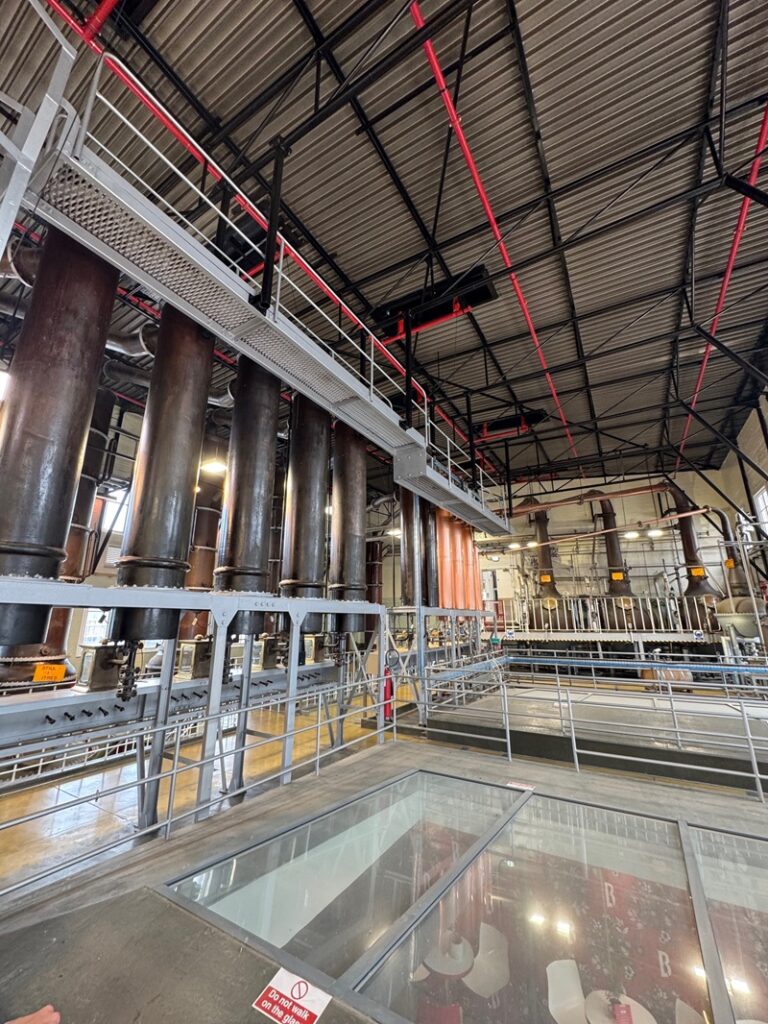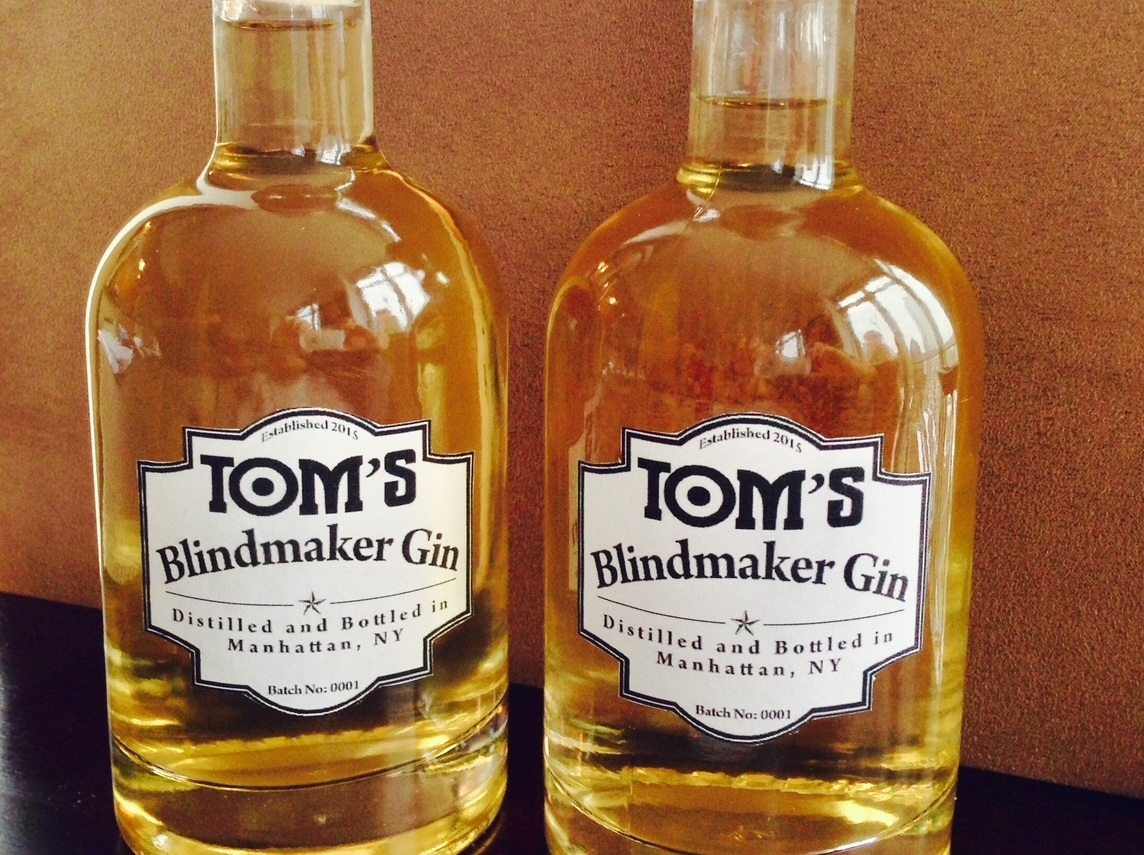Forget the business plan. Here’s what making my own gin taught me about launching, failing, and building – fast.
My Mantra – Launch Early, Fail Fast, Iterate Often
If there’s one lesson that’s followed me through every venture – from building my previous company into a SaaS leader, to launching experiments at Tomco Capital, to bottling my own gin – it’s this:
Launch early, fail fast, iterate often.
I didn’t invent the phrase, but I’ve lived it for decades. When we pioneered online SAP training, there was no roadmap, no “proven” model. We went first, took small calculated risks, and figured it out as we went. Not everything worked – some things crashed hard – but the point was, we didn’t wait for perfect. We shipped, we learned, and we did it again.
That same mentality is exactly what led me to gin. Not because I had a big business plan or dreams of building a spirits empire – but because I was curious, a little bored, and wanted to see how far I could get by just starting.
The Beefeater Epiphany – You Don’t Need a Giant Team
Not long ago, I took a tour of the famous Beefeater distillery in my neighborhood in central London. Here’s what blew my mind: the entire global supply of Beefeater gin is made in a plant about the size of a modest apartment building. The operation is run by a master distiller and two apprentices. That’s it.

Every excuse about “needing a huge team,” “millions in capital,” or “perfect infrastructure” fell apart right there. If three people can supply the world with one of the best-known gins, what was really stopping me – or anyone else – from launching something on a smaller scale?
That visit didn’t just demystify the gin business. It became a metaphor for entrepreneurship: scale isn’t about headcount or resources. It’s about focus, process, and the guts to do things differently.
I walked out thinking, if the big guys can do it lean, so can I. And so can you.
Just Start – How Tom’s Gin Came to Life
Armed with nothing but curiosity (and a newfound respect for simplicity), I decided to try making my own gin. No pedigree, no “plan” – just a willingness to get started and figure it out as I went.
I sourced a base spirit, ordered botanicals, and started distilling in embarrassingly small batches. The first try – Tom’s Bathtub Gin – wasn’t exactly world-class, but it was a start. Each round, I learned what worked (and what didn’t), tweaked the process, and kept iterating. That’s how Tom’s Blindmaker Edition was born, followed by Navy Strength and Gunpowder Gin. Some tasted great. Some were barely drinkable. All of them taught me something new.
Here’s the point:
You don’t need a perfect recipe, massive resources, or even a clear endgame.
You just need the guts to take the first shot, the humility to learn quickly, and the discipline to try again. Most people never get started because they’re waiting for permission, a plan, or some magical moment of certainty. That moment never comes.
What Tom’s Gin Really Is (and Why That’s the Point)
Let’s get real: Tom’s Gin isn’t a revenue machine, and I have zero plans to take on Tanqueray. Right now, it’s a passion project – a hobby with a label. Most of what I make gets “quality tested” (read: drunk) by me, and whatever’s left goes to friends and family. I’m not bottling dreams of global domination; I’m bottling curiosity.
And that’s exactly the lesson:
You don’t need grand ambitions, massive budgets, or an airtight business plan to start something.
You just need to be willing to move, to experiment, to accept that it might not work out (and to laugh when your first batch tastes like pine cleaner).
Anyone can start a gin brand – or any project, business, or side hustle – if they stop overthinking and just begin.
The only thing that separates you from the people doing the work is action.
The Real Lesson – Stop Waiting, Start Making
If you take anything from my gin experiments (or three decades of building companies), let it be this: The winners aren’t the ones with the best plan – they’re the ones who move first, learn fast, and aren’t afraid to look foolish along the way.
Stop waiting for permission, capital, or the “perfect” idea.
Start with what you have, launch early, fail fast, and iterate often.
You’ll never regret trying. You’ll only regret sitting on the sidelines, watching someone else bottle their own version of success.
What could you start – today – that you’ve been overthinking for years?
Chances are, you’re closer to your first batch (and your next breakthrough) than you think.
Want to stop overthinking and actually launch your next project or business? That’s exactly what I work on with my coaching clients. If you’re serious about taking action and want a partner who’s done it all, failures included: book a call with me.




